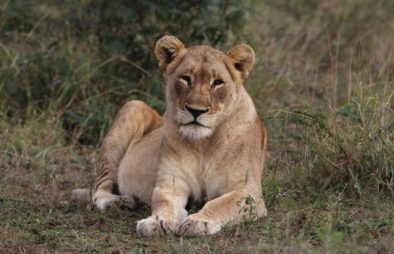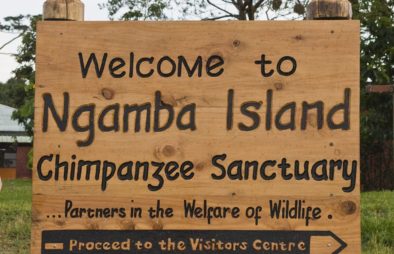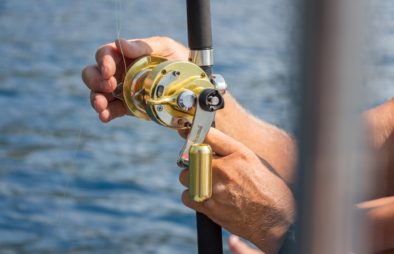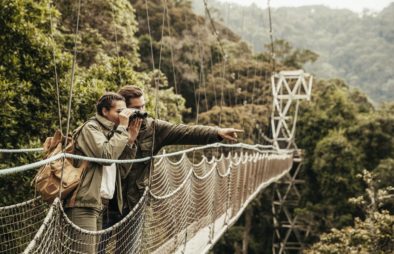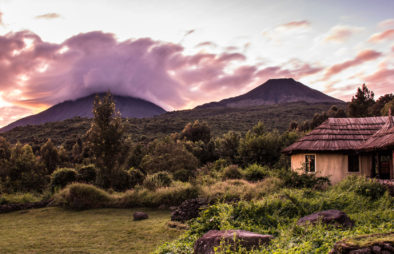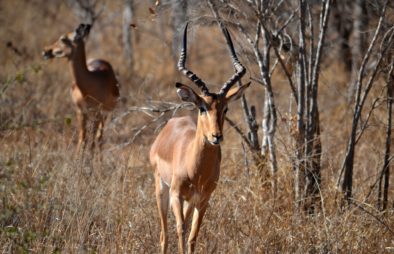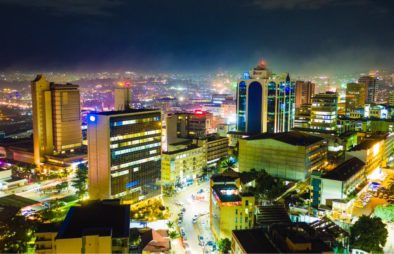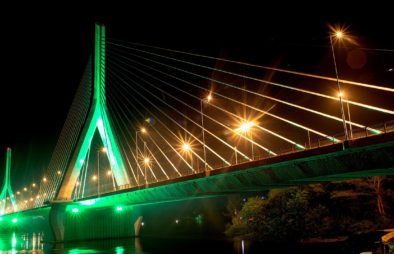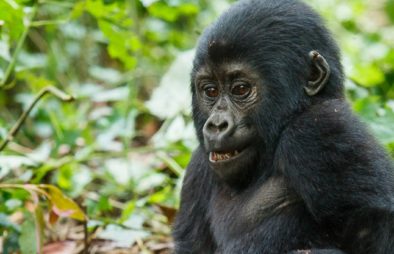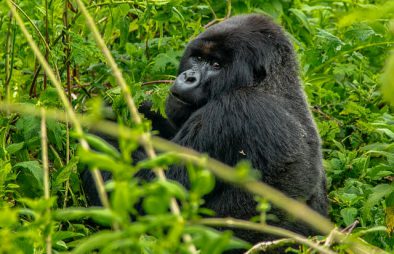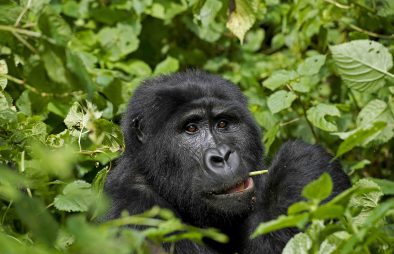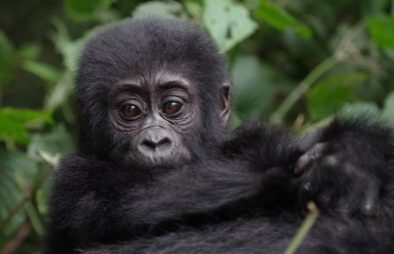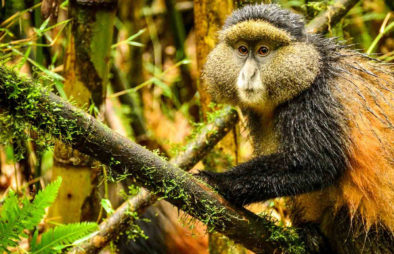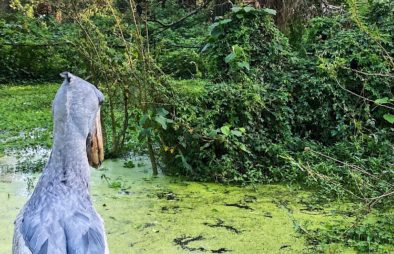Lake Victoria
It will come as no surprise if the name Lake Victoria appears in a discussion of the world’s famous lakes. For over 400,000 years, it has been known by several local names depending on where you come from. Buganda refers to it as Nnalubale, Kinyarwanda refers to it as Nyanza/ Ukerewe, and Dholuo refers to it as lolwe—all of which are accurate descriptions of this one massive body of water.
With land area of around 59,947 km2, Lake Victoria is Africa’s largest lake and the world’s second-largest freshwater lake after Lake Superior in North America. It holds around 2,424 km2 of water, making it the sixth largest continental waterbody. The catchment area is approximately 169,858 km2, with many islands dotting the coastline. The lake is thought to have created when an upthrown crustal block stopped westward-flowing rivers.
It seats across three countries in the continent of Africa, namely; Kenya which covers about 4,100 km2, Tanzania covering about 49% and Uganda 45%, 31,000 km2. In 1858, John Hanning Speke, wrote about this giant lake, while on his African journey with Richard Francis Button, and hence the renaming of the lake after Queen Victoria by John Speke.
River Mara, Katonga, yala, Nyando, bukora and kagera all pour their water into Lake Victoria. The White Nile begins its trek to Khartoum Sudan and unites with the Blue Nile at Lake Tana in Ethiopia. The Nile River therefore empties into the Mediterranean Sea in northern Egypt.
If you’re wondering where Lake Victoria gets its water, it’s at Ripon Falls in Uganda, where the Victoria Nile meets the Victoria Nile before flowing into Lake Kyoga and ultimately the Albert Nile.
The waters of Lake Victoria and the surrounding areas are home to a diverse assortment of wildlife species. Rare birds such as the shoebill stocks, pied kingfisher and many more, as well as the African clawless otter, sitatunga, bohor, waterbucks, cane rates, spotted-necked otter, giant otter shrew, and marsh mongoose, are discussed. Nile crocodiles, Williams mud turtles, African helmeted turtles, hippos, and other reptiles are on the reptile checklist.
While sharks aren’t there, the lake is home to a variety of fish species, including Nile perch, cichlid fish, airbreathing catfish, African tetra, marbled lungfish, elephant fish, loach catfish, and silver butter catfish.
ACTIVITIES AT LAKE VICTORIA.
Sport fishing.
Join the team of fishermen and other fish enthusiasts in their search for Nile perch and other aquatic species. Fishing is one of the most popular pastimes in the lake, with most of the activity taking place at night and early in the morning. However, there are approved routes where guests are guided to catch fish while on a sport fishing trip. The fishing villages are quite kind and welcoming.
Cruising.
Not only must one use air or road transport for travel. Using a very or motorized boat, yet not forgetting canoeing at Lake Victoria, which is equally safe and fun. Some notable ports at the lake include; port bell, Entebbe, Kisumu, Mombasa, Mwanza, Bukoba, and Jinja. One can cruise here for recreation and for transportation between the three countries that share this lake -Kenya, Rwanda and Tanzania.
Other boat tours form once-in-a-lifetime adventures. Spending 30 minutes or more sailing on the calm waters on a ferry, canoe, or motorized boat is fun and interesting. It provides a pleasant view of aquatic birds, mammals, and life of islanders.
Beach holidays.
Spending a weekend on the exotic beaches of Lake Victoria is a great treat. Beaches are spread along the shores and offer a freshening space for entertainment, and meditation.
Lake Victoria is the world’s second-largest freshwater lake, with plenty of things to watch out for and experience. It sprawls through Uganda, Kenya, Tanzania and Rwanda, and thus a place to be for a leisurely vacation.

